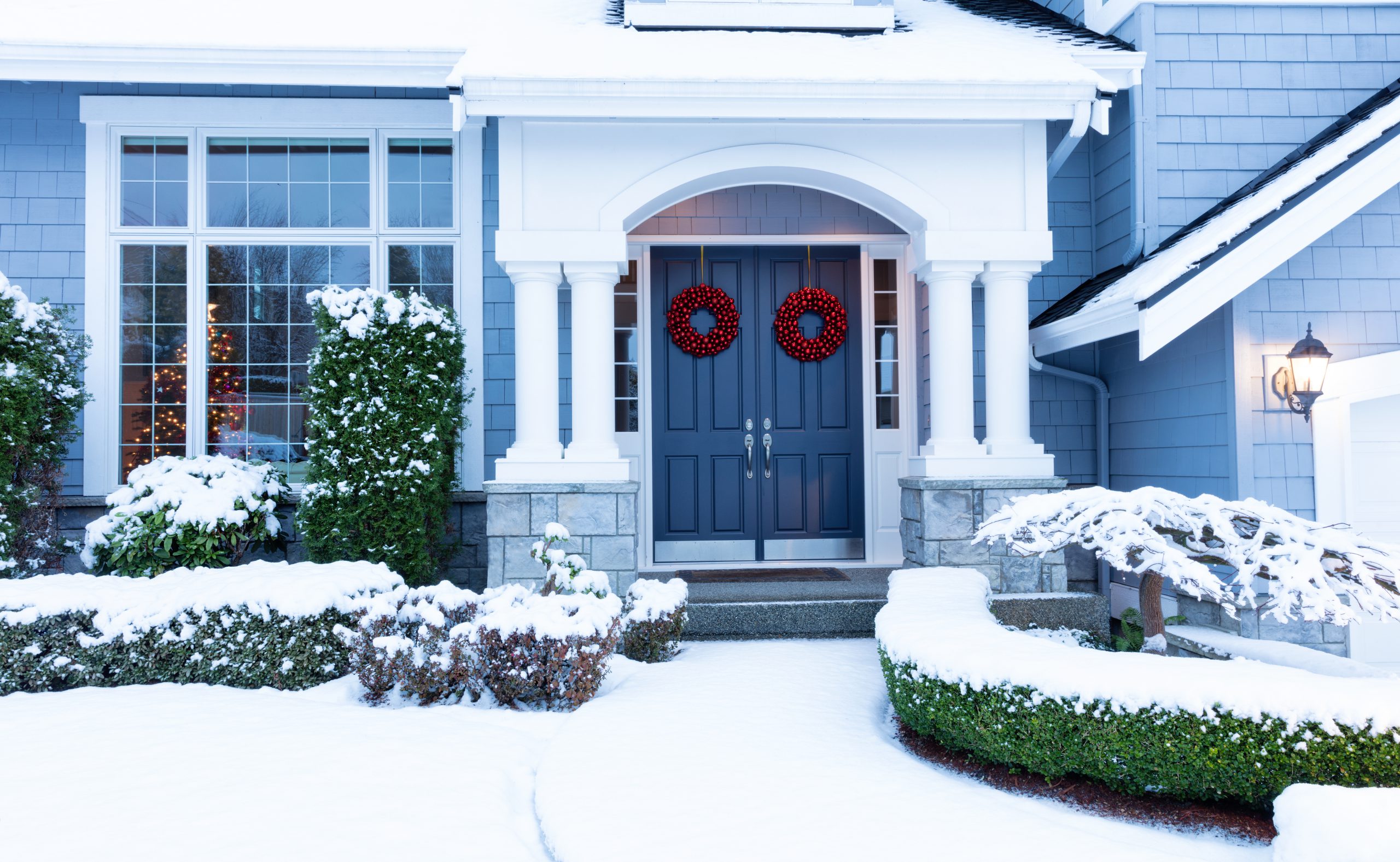
When the sun is shining and you’re enjoying a wonderful holiday at a resort or in a seaside town, it’s so easy to start dreaming of owning a holiday home.
With sun-kissed beaches and streets teeming with people, you could be lured into believing owning a holiday home that you could also rent could be perfect.
Encouragingly, regional Australia continues to show steady progress in terms of capital growth. Occasionally it will spike and fall back, as it did in the post-Covid period, but generally it delivers reliable results.
Regional property prices outpaced the capital cities in 2024, growing at 6%. There were some boom centres, especially in Queensland and Western Australia, according to data from the REA Group’s Proptrack.
Don’t immediately link value growth to tourism, however. In many instances, the booming smaller cities and towns are experiencing their own pockets of economic growth, which in turn attracts workers and puts pressure on the property and rental markets.
The star performers have been Bunbury (WA) and Townsville (Qld), with annual growth of 21% and 18% respectively.
Tourism hotspot Gold Coast has seen prices rise 16% and Queensland’s Fraser Coast has achieved 12% value growth
If you’re considering buying a holiday home that you’d also rent, it’s important to check out the potential for capital growth. Understand that once you start renting it, you’ll be liable for capital gains tax when you sell.
Below, we’ve listed some other considerations.
Target Market: Buy in an area where families like to holiday. If you purchase in a cheaper destination or area, you may find you’re priced out of the market by caravan parks and the like.
It’s the Economy: The holiday rental market is vulnerable to economic confidence. During the good times, you’ll have no trouble finding holiday renters. When times are tougher, as they are now, attracting holiday renters will be harder. You may need to spend more on marketing, drop your price, or both
Proximity to Home: Most people want to use their holiday home as much as possible. Therefore, consider its proximity to your primary residence. If you’re not prepared to drive four hours for a long weekend getaway, you’ll need to buy somewhere closer to home.
Talk to Agents: To get a good idea of whether buying a holiday rental is a good idea, you should talk to local real estate agents about the supply and demand for similar properties. This will give you a good idea of whether you might have a potential side-hustle, or you’re paying for an indulgence.
Capital Growth: if you’re aiming to create wealth from a rental property, it’s important to study research revealing the potential for long-term capital growth. You may get a better return in a metro area, but at least this way you’ll have your own holiday home!
